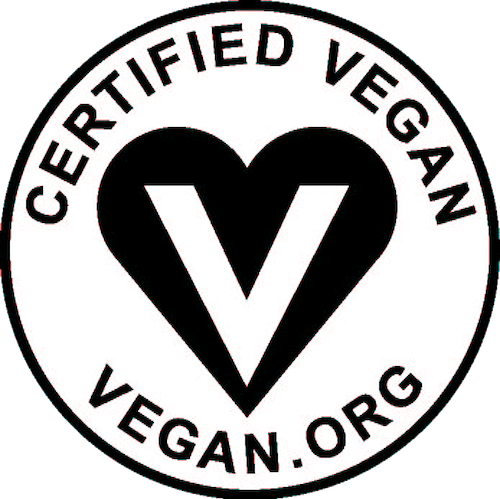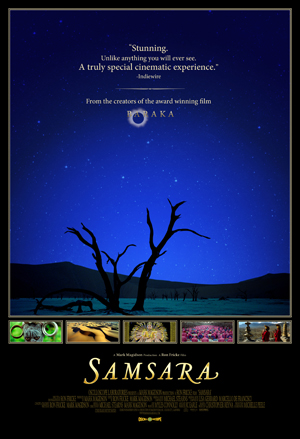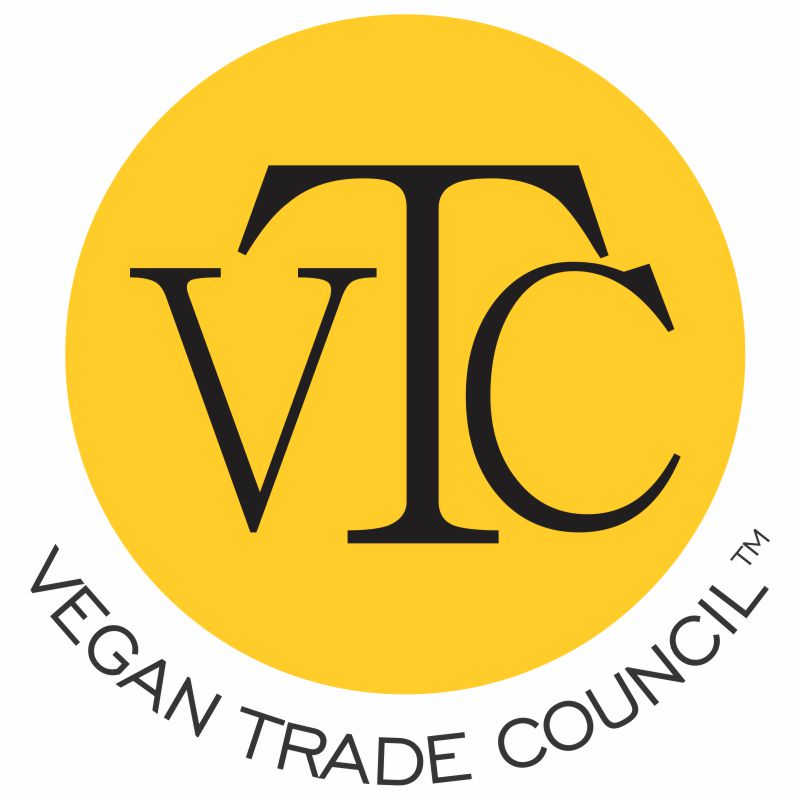This is the single most often asked question that vegans and vegetarians receive from omnivores and the veggie-curious. Many people think that plant-based foods don’t contain a lot of protein in comparison to meat.
But, this is in fact false.
No one will argue that meat contains protein. However, many do not know that the protein in meat comes from the plants that the animals consumed before they were slaughtered and eaten by humans. So instead of getting your protein from eating an animal, you can save an animal and enjoy protein straight from the source: plants. Plant-based protein can be found in many sources such as legumes (lentils, chickpeas, kidney beans, peas, peanuts etc.), grains, seitan, tofu, pumpkin seeds, all vegetables like broccoli and many pastas.
For instance, one cup of kidney beans has roughly 43g of protein and there’s 39g of protein in one cup of chickpeas. Both legumes contain more protein than one would consume in a half pound of cooked chicken. Alternative meats are also high in protein, too. Tempeh contains 31g protein in one cup and Beyond Burger patties have 20 grams of protein.
Grains are a helpful source of protein. For instance, quinoa contains 8.14 g in one cup and there’s 5 g in one cup of brown rice. Combine either or both with some legumes and you’ll have an easy, protein-packed dish.
Some veggies can be high in protein, too. Good examples include cauliflower (2.1g per one cup chopped), broccoli (2.6g per one cup chopped), cooked edamame (18.5g per cup), one medium potato (4.3g), and kale (2.9g per one cup chopped).
Alternative meats are also high in protein, too. The Beyond Burger is a great option but so are the Dr. Praegers burgers. These veggie burgers are tasty and great to share with veggie-curious friends and family. You can find these burgers in many grocery stores, making it an accessible choice for many.
So the next time someone tries to argue that vegans don’t get enough protein from plants in their diet, you know how to properly respond.







About The Author: Vegan Action
More posts by Vegan Action